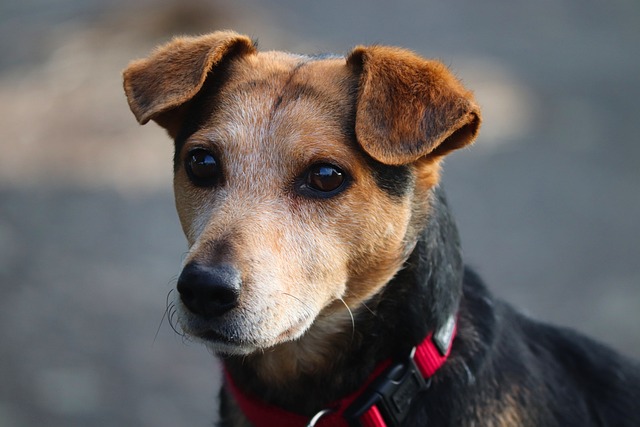
How to discipline a Beagle puppy?
Beagle puppies come with a double dose of energy and curiosity—traits that make them charming, but also prone to chewing shoes or darting through open doors.
Watching your puppy turn your carefully landscaped garden into a war zone is enough to make any dog owner groan. But before you lose your cool, remember—digging is hardwired into their DNA. Whether they’re chasing imaginary moles or creating a cozy den, that instinct is as natural as their love for belly rubs. The trick? Channeling that energy into acceptable outlets while respecting local regulations and your neighbors’ peace of mind.
Start by decoding your puppy’s motivation. Is your fence line suddenly a tunneling project? That could signal separation anxiety or the allure of the great outdoors beyond. Dogs pawing near water bowls might be mimicking wild ancestors storing food, while random holes in the lawn often stem from plain old boredom. Identifying the root cause helps tailor a strategy that addresses the behavior’s core, not just the symptom.
Designate a “digging paradise” in your yard. Section off a sunny corner, fill it with soft soil or play sand, and bury a few of your puppy’s favorite toys. Use enthusiastic commands like “Dig here!” and shower them with treats when they explore the area. In many neighborhoods, this proactive approach aligns with responsible pet ownership principles—showing you’re managing your dog’s behavior without sacrificing their natural instincts.
 When it comes to protecting off-limits zones, get creative with humane deterrents. Sprinkling coffee grounds or crushed eggshells around flower beds can deter curious paws, while chicken wire laid gently over freshly planted areas creates a physical barrier. Just double-check that any substances you use are pet-safe; some common garden products can violate local animal welfare laws if they pose ingestion risks.
When it comes to protecting off-limits zones, get creative with humane deterrents. Sprinkling coffee grounds or crushed eggshells around flower beds can deter curious paws, while chicken wire laid gently over freshly planted areas creates a physical barrier. Just double-check that any substances you use are pet-safe; some common garden products can violate local animal welfare laws if they pose ingestion risks.
Exercise isn’t just a luxury—it’s a necessity. A tired puppy is less likely to excavate your backyard out of boredom. Combine daily leash walks (required by most local ordinances anyway) with interactive play sessions. Puzzle toys, agility courses, or a simple game of tug-of-war engage their minds and bodies, leaving them too exhausted to think about digging.
Catching your puppy mid-dig? Skip the scolding. Instead, make a sharp noise like clapping your hands or shaking a coin-filled can to startle them gently. Immediately redirect their attention to the designated digging area or a chew toy. Punitive methods not only damage trust but can exacerbate anxiety-driven digging, which could potentially violate animal cruelty statutes in some regions.
For city dwellers without yard space, indoor alternatives work wonders. A shallow plastic bin filled with non-toxic play sand makes for a safe digging pit, though close supervision is crucial to prevent ingestion. Some innovative pet brands even offer textured digging mats designed to mimic the sensation of soil—perfect for apartment living while staying compliant with lease agreements.
Above all, practice patience. Training takes time, especially with young puppies still learning impulse control. Celebrate small victories, like when your puppy hesitates before approaching a forbidden spot. Consistency, positive reinforcement, and a willingness to adapt your strategy based on your dog’s personality will eventually transform your yard from a disaster zone into a haven for both you and your furry friend.

Beagle puppies come with a double dose of energy and curiosity—traits that make them charming, but also prone to chewing shoes or darting through open doors.

Dogs thrive on routine, and small breeds—with their quicker metabolisms—need extra consistency. Start by taking your pup out at the same times daily: right after waking up, 15 minutes after meals, and just before bed.

Corgis, with their stubby legs and big personalities, can be little troublemakers when they decide to ignore commands.

The sudden explosion of barking when a delivery person approaches your door or a neighbor walks past your window is more than just a nuisance

The panicked barking that starts the moment your apartment door closes isn't just heartbreaking—it's a common struggle for urban dog owners trying

That insistent barking your dog does when demanding food, attention, or toys isn't just annoying—it's a learned behavior that's surprisingly easy to reinforce accidentally.